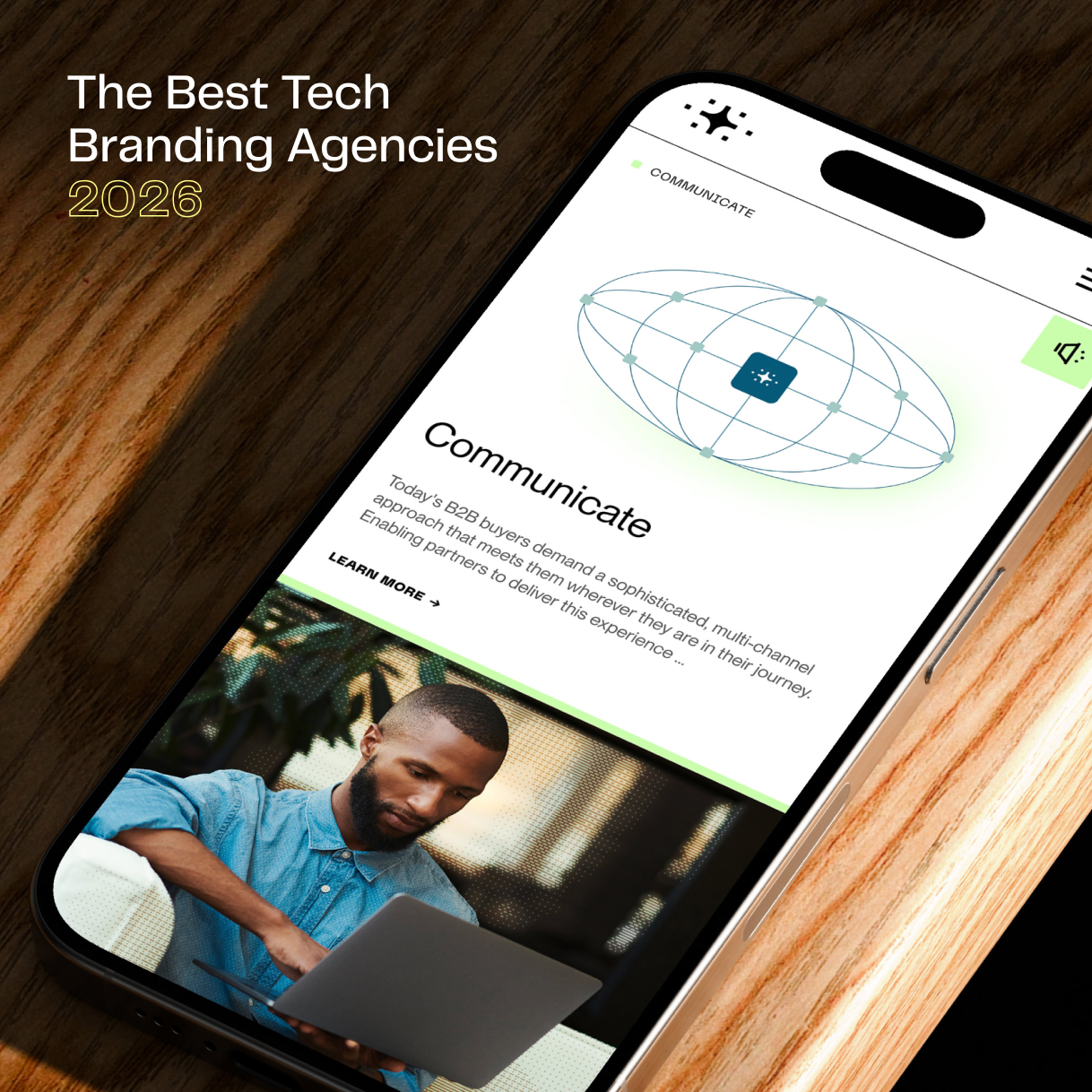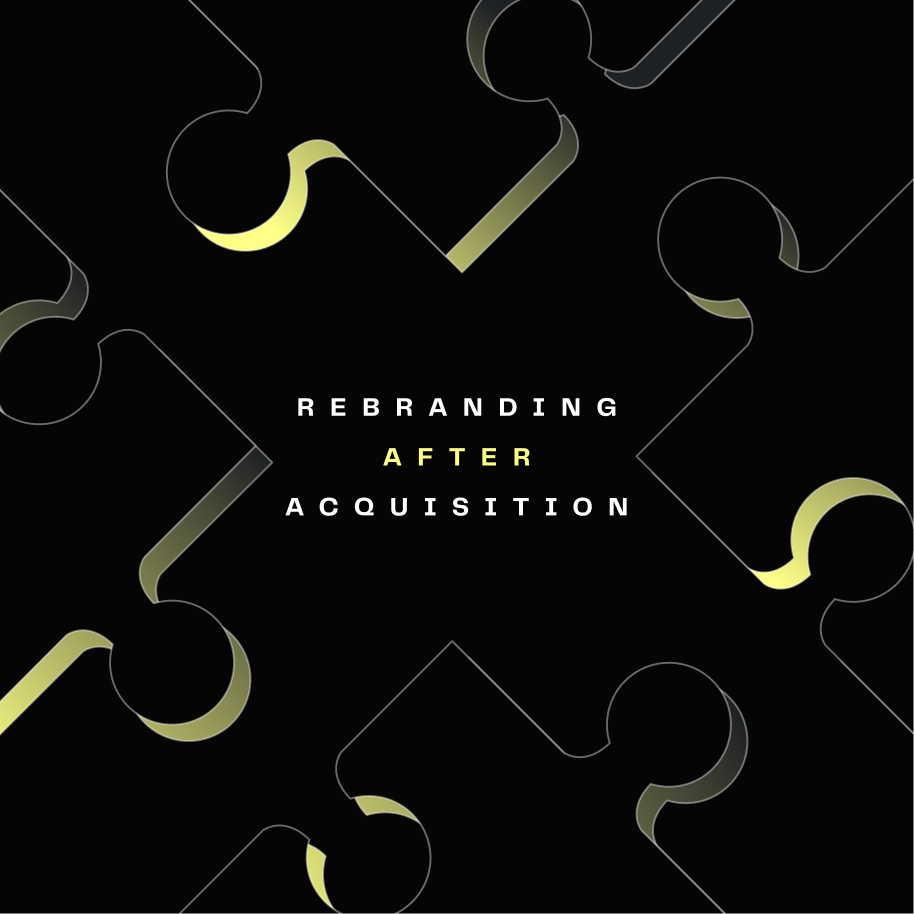Welcome to the era of the fully conscious consumer. Today, people want brands to be more than just authentic. They want them to have actual human values. Values that are palpable and public, no matter how polarizing.
In fact, 70% of consumers say they believe it’s important for brands to take a stance on social or political issues — a number that’s been increasing for nearly a decade, according to research from Sprout Social.
As a result, many organizations feel pressured to prove their bona fides on big-picture issues. So how can you, as a marketer, help your organization navigate this major shift in consumer expectations? Below are some factors to consider.
The power of authenticity in branding.
Imagine that, as a consumer, you’re scrolling through your Instagram feed. You stumble upon a brand that champions a cause close to your heart. You’re hooked. You already loved the brand for its products, but now you love it even more for its mission. You feel you’ve found a brand that actually gets you.
So you start following the brand on social media, reading its blog and maybe even attending some of its events. All in all, you feel better about patronizing this brand, because you know your money is going to an organization that is making a difference in the world.
You’re not alone. Time and again, data shows that people prefer brands that put their money where their mouth is. In fact, 77% of Americans report feeling a stronger connection to mission-driven brands, according to a study by Cone/Porter Novelli.
This isn’t just about boosting the bottom line either. (Consumers can see right through that.) It’s about forging lasting relationships built on honest, shared values. Brands that align themselves genuinely with social issues create bonds with their customers that outlast any trend.
Consider Patagonia, a company that’s been vocal about environmental causes. Patagonia’s stance is more than just virtue signaling. Since 1985, the company has donated $140 million to environmental organizations and has taken several major steps to reduce its own environmental impact through an initiative it calls “1% for the Planet.”
This stance has helped Patagonia build a stronger connection with customers who share its values. The environmental efforts also make good business sense, because without a healthy planet to explore, Patagonia won’t have much of a market.
But it’s more than that; more recently, Patagonia’s founder announced he was donating the entire $3 billion company to fight climate change.
The brave leap — & the potential backlash.
Of course, not every brand has emerged as heroic as Patagonia when it comes to championing social causes. Oftentimes, many public displays of support are met with outrage and calls for cancellation.
Just think back to a recent saga between Nike and the NFL.
In 2016, when 49ers quarterback Colin Kaepernick started taking a knee during the national anthem to protest racial injustice in the U.S., many people deemed him “un-American”. In fact, at the time, 54% of Americans disapproved of this type of gesture, according to a poll by Quinnipiac University.
Nevertheless, Kaepernick persisted. And along came Nike, which chose to align itself with the athlete-turned-activist. The brand released an advertisement, titled “Dream Crazy,” featuring Kaepernick encouraging people to “believe in something, even if it means sacrificing everything,” which tied in seamlessly with Nike’s slogan of “just do it.”
Not everyone was so compelled. Adding to the chorus of disapproval, then President Donald Trump tweeted, “What was Nike thinking?”
Let’s break it down.
From a social perspective, the Kaepernick ad helped spark a larger conversation amid growing racial tensions in the U.S., long before many brands were speaking out. From a marketing perspective, the ad helped Nike win its first “outstanding commercial” Emmy in 17 years. And from a business perspective, Nike’s sales increased 31% after the campaign ran.
The boldness paid off, albeit amid calls for a boycott.
And that’s just the issue: Taking a stance remains risky business. In fact, 1 in 4 Americans surveyed by LendingTree said they were boycotting a brand that they had spent money on in the past, based on disagreements around social or political affiliations.
Budweiser learned this the hard way when it engaged in a co-marketing effort with TikTok star Dylan Mulvaney this year.
Since Mulvaney began documenting her transition into womanhood through a series of videos, the brand endorsements had been rolling in, from Ulta Beauty to Instacart to Kate Spade. But it wasn’t until Bud Light partnered with Mulvaney during March Madness that conservatives and right-wing activists became outraged, calling for a boycott of a brand they had previously loved.
In response, Anheuser-Busch CEO Brendan Whitworth issued a statement, saying the company “never intended to be part of a discussion that divides people.” Mulvaney then fired back, criticizing the company for its waffling stance and sudden cold shoulder.
“What transpired from that video was more bullying and transphobia than I could have ever imagined,” Mulvaney said. “For months now, I’ve been scared to leave my house, I’ve been ridiculed in public, I’ve been followed, and I have felt a loneliness that I wouldn’t wish on anyone.”
In the end, no one won. Anheuser-Busch alienated some of its most loyal supporters while inflaming people on both sides of the aisle. Meanwhile, sales have been sagging (down 13.5% in Q3 2023), and several high-level executives have been fired.
The lesson is: If you’re going to take a stance, think about the potential risks and rewards. Plan accordingly. Be diligent. And backpedal with absolute caution, if you backpedal at all.
Factors to consider before your brand takes a social stance.
With all that in mind, here are key points to consider when building or reviewing any cause marketing for your brand.
- Research the issue deeply. Know any cause inside out. That means learning as much as you can about the issue, including its history, current state and potential solutions. You should also be aware of the different perspectives on the issue and be able to articulate your own position clearly. If needed, survey your internal stakeholders and audience to see how well everyone is aligned.
- Embrace your values. Align with causes that resonate with your brand’s core mission. That means supporting causes your employees and customers truly believe in. Don’t force it; be real.
- Communicate effectively. Craft clear and compelling messages. That means communicating your message in a way that’s easy for everyone to understand. You should also be able to back up your claims with evidence and be prepared to answer any questions, no matter how harsh or off-putting. Enlist the help of branding experts who can help document your key messages so your entire team is in sync.
- Prepare for challenges. Brace for potential backlash and criticism. That means being aware that not everyone will agree with your stance and that you may face opposition. It’s important to be prepared to deal with this criticism in a constructive way. To really get it right, consider hiring a PR/crisis communications firm that can proactively and/or reactively mitigate any potential backlash.
- Stay true and steady. Be consistent in your commitment. Brand focus is key. This means sticking to your brand beliefs even when it’s difficult or when you face opposition. It’s important to be a strong advocate for the causes you care about. Customers are watching and will remember.
Of course, these are just some preliminary tips to make sure you do your due diligence. The specific steps you take as an organization will vary depending on the cause you are supporting and other business factors at play.
Stand strong.
All said, brands that persevere through challenges come out stronger on the other side. Remember when Airbnb faced accusations of discrimination? Instead of shying away, the company doubled down on its commitment to diversity and inclusion. This dedication wasn’t just about damage control; it was about authenticity in action.
Perseverance is also about staying the course for the greater good. It’s about maintaining a commitment to the social causes your brand champions, even in the face of adversity.
Standing by honest beliefs is what sets apart future-focused brands from those that merely ride the waves. By taking a stand and staying the course, your brand will build credibility — showing your values aren’t just a flash-in-the-pan marketing tactic but actually a part of your DNA.



